Nepali Community Partner and Family Struggle During Emergency Lock-down
Dipesh Khadka (second from right) and his family with Global Volunteer George Hayes (third from left).
When the nation-wide lock-down was abruptly declared in the early hours of March 24 to combat COVID-19, Dipesh Khadka and his family were caught unprepared. Since then, Dipesh – one of Global Volunteers’ community partners in Nepal – his wife, Sanjita, his brother Rajesh and sister-in-law Binita, and parents Damber and Sarada have existed on the milled rice, potatoes, onions, and dal they had on hand in their multi-generational village home. They say their supplies will run out in a week, about the time the lock-down will end. And if it’s extended, what them? “I don’t know,” Dipesh says.
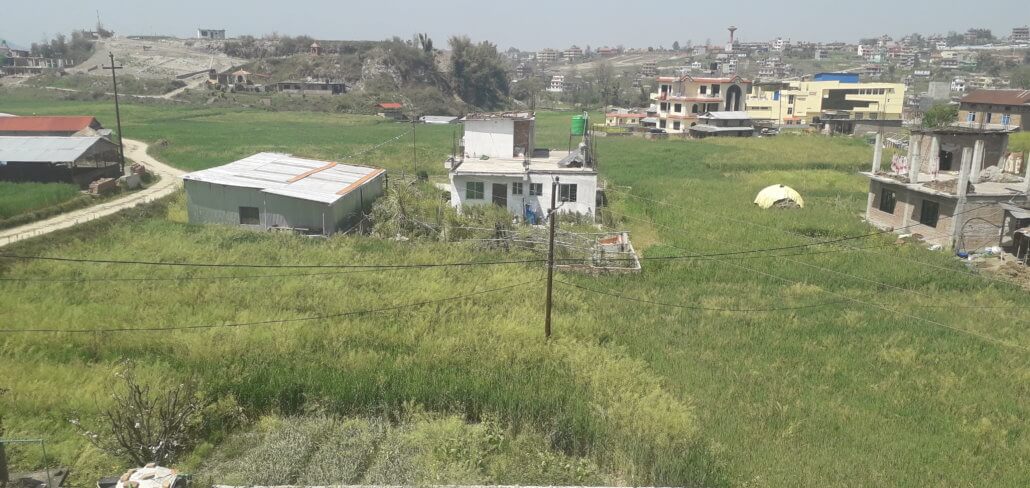
Farm Families Eat What They Sow.
The family farms potatoes, maize, rice and mustard in Bhaktapur, about 13 km outside Kathmandu. All but Sarada and Dambar have jobs off the farm. However, during the lock-down, they aren’t permitted to work either in their offices, or their fields. In fact, they’re forbidden to leave their house. So, they survey their farm from the open terrace and wonder how they will resume life when the public health emergency passes.
Even milling the bags of raw rice in storage is prohibited. “There are no workers in the mill, and without that, we can’t prepare the rice which we can eat. We have limited oil, salt, and gas which is usually all we have to buy, because we grow the rest ourselves here in the village,” Dipesh continued.
“My parents are worried about the crops,” Dipesh continues. “Now in my field, mustard is ready to cut down and dry in the sun. It’s the season to plant maize. We have the seeds, and the field is ready, but during the lock-down, we can’t plant it.” The loss of the crops they can’t harvest or plant will impact the family’s income for a year. “After 20-25 days, the paddy will be ready to cut down,” Dipesh continues. “If the lock-down continues, it will also waste the rice crop. Not only our family will lose, but the crops in the whole village are going to waste.” And families with cattle aren’t faring any better, because the dairies aren’t processing the raw milk which is a vital income source for many farmers.
The Economic Impact Grows.
Dipesh said the sharp divide between wealthy and poor families that’s common around the world is the same in the Kathmandu Valley. “The people with good economic conditions have a good stock of all basic requirements, medicines, and food,” but the poor don’t have sufficient means to meet basic needs, especially now while prices have risen up to 300% for gas, medical supplies, and food items in demand. That’s why most villagers under 40 are employed in urban areas.
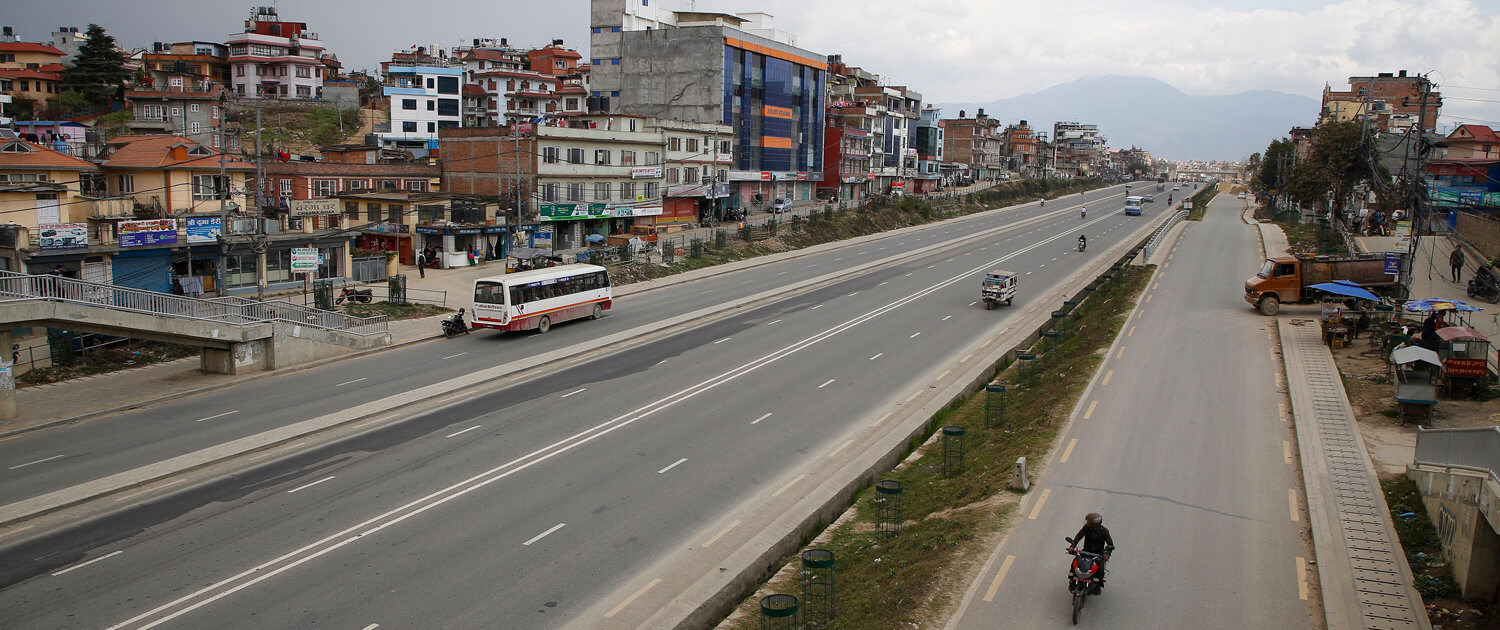
Dipesh, who works in information technology, picks up employment contracts to supplement his farm income. His brother Rajesh, is a construction contractor, temporarily unable to complete the retaining wall projects in Bhaktapur during the lock-down. “All my workers (around 25) are living in temporary cottages around our construction sites,” Rajesh explains. “I have to take care of their food, lodging, safety, and health issues. It has been very difficult for me to arrange necessary logistics for them, as I myself am running through the loan I have from a local cooperative.” He says he can’t wait long to resume work and pay back the loan, but also is worried about “the financial, mental, and physical well-being” of the laborers, many who come from distant villages and rely on him.
The brothers’ wives are students, whose classes have been suspended. Binita, Rajesh’s wife, was an office worker in Durbarmarg, about 20 km away from the farm. “I was terminated from my job during the initial phase of the corona virus outbreak because I couldn’t get to the office other than by the local bus,” she explained. Because public transportation doesn’t permit the necessary “social distancing,” Binita said all employees who didn’t have private transportation options were let go. “Due to this epidemic, our lives have greatly been affected. I have not been able to concentrate on my studies properly as there is some kind of mental insecurities. All the time, I am worried about my career, and I’m waiting for the time when this chaos gets over so I can find myself a better job and go back to school.”
The Medical Crisis is Universal.
In a quarantined area of the traditional two-level concrete home, Dipesh’s wife Sanjita sleeps when she’s not at the area hospital, where she’s a staff nurse. “The condition of medical staff at the hospital is very miserable because there is no personal protective equipment (PPE) available,” she reports. Like their counterparts around the world, the medical staff are substituting surgical masks and gloves for the proper equipment. “All staff is panicked and worried about our own health condition as well as carrying this virus to our homes,” she declared, adding, “Being isolated from family members is making me emotionally exhausted.” Sanjita said only the dialysis and emergency departments remain open. The hospital has no COVID-19 testing kits, so suspected cases are screened and referred to the Shukraraaj Tropical & Infectious Disease Hospital in Kathmandu. So far, only around 1,000 people have been tested, and 5 were found positive. “One patient is recovered, and four are in isolation. But, if the cases increase, we cannot bear the loss,” she says. The entire country has only 900 ICU beds and 145 ventilators in public and private hospitals. Still, like clinicians worldwide, Sanjita says she’s prepared to see the crisis through. “Beside all the physical and mental pressure, I feel proud to be a nurse and serve my nation.”

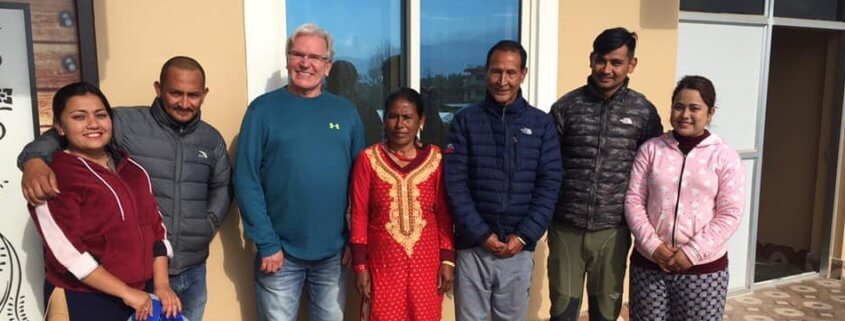
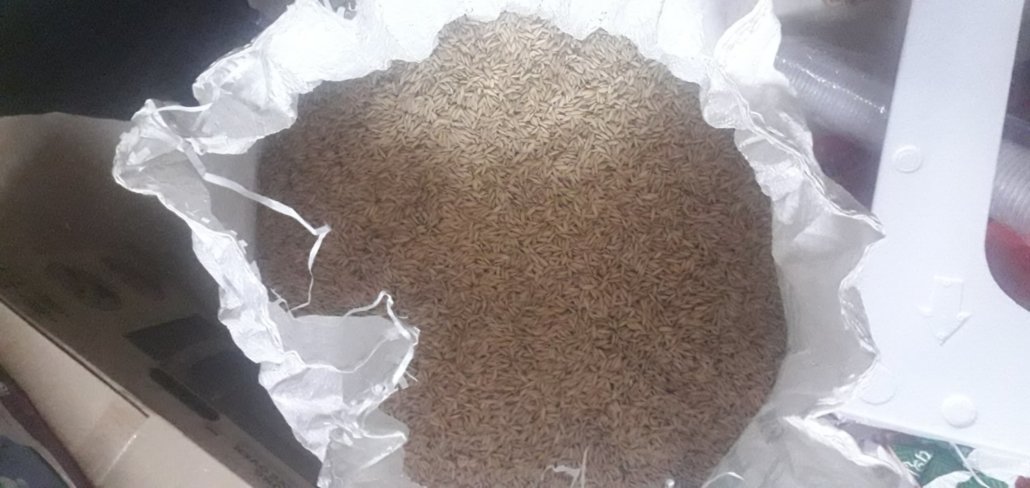
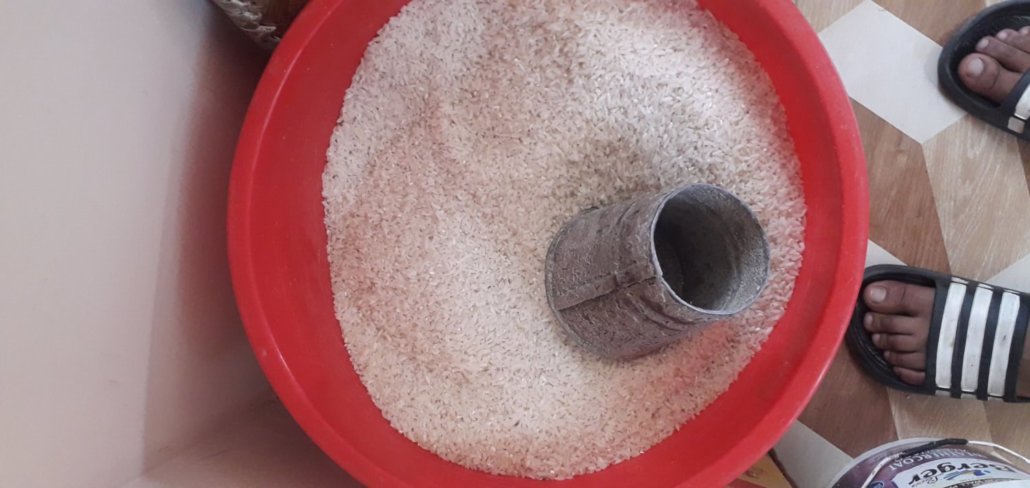


Leave a Reply
Want to join the discussion?Feel free to contribute!